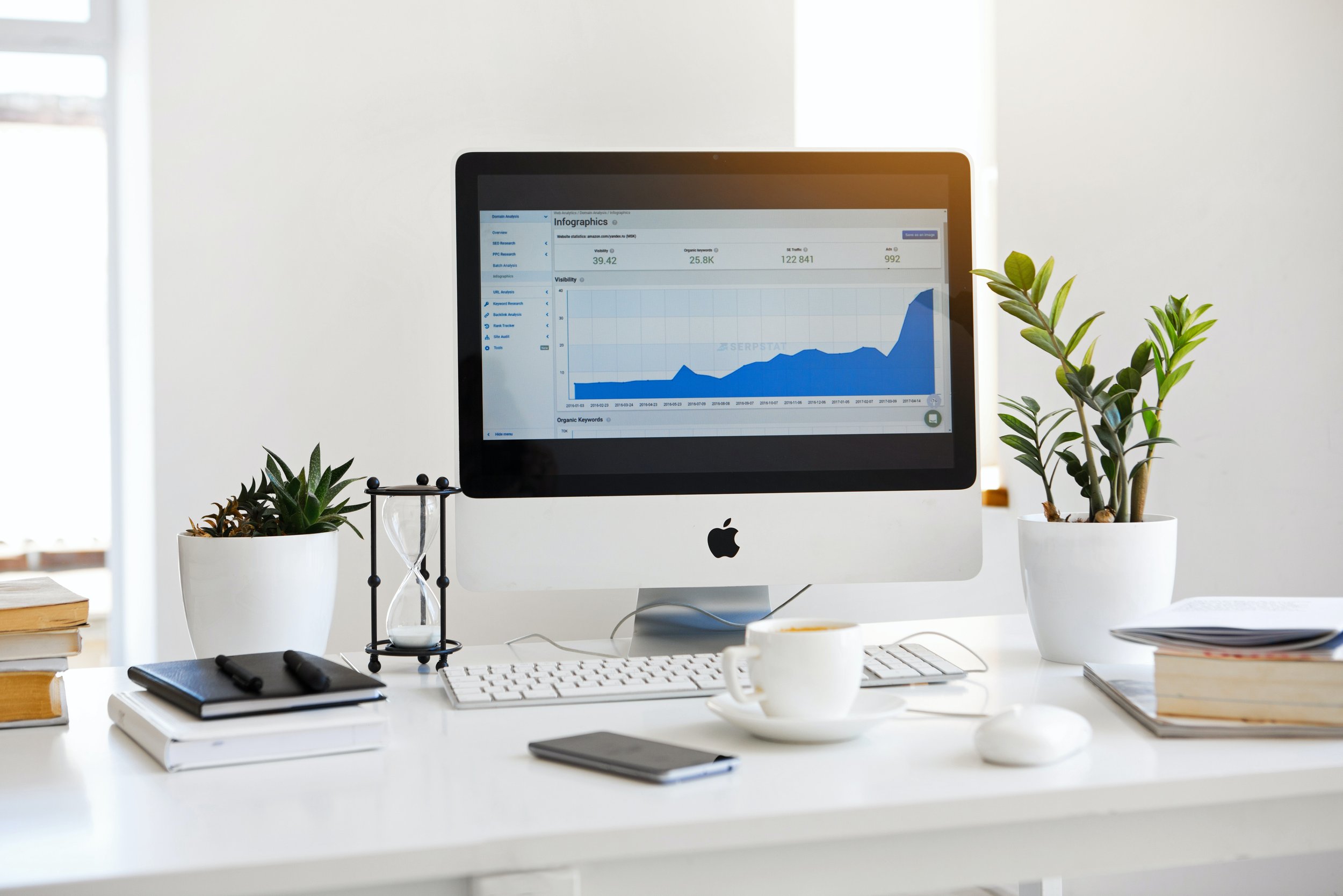Is Your Computer Affecting Your Health?
You wake up in the morning and check your phone. You scroll through it like the morning newspaper when you eat your breakfast. You use your GPS when you are on your way to work, where you sit down and you use a computer all day - sometimes you use two screens all day instead of one. When you sign off from work, you head to the gym, where you use the treadmill and watch the news at the same time. You then go home and watch a movie or use your phone a lot more.
Sound familiar? Well, this is the life of most adults today. Add in some studying time and scrolling on social media late into the night, and you have an over-exposure to screens from morning to night time. All of this time spent looking at screens is damaging your eyes. It’s one of the causes of dry eye, as you spend time staring into the glare of the screen and not taking enough of a break. Our bodies are suffering when it comes to screen time, and we need to know what the signs are so that we can do better for our health. So, with that in mind, let’s take a look at some of the ways being at a screen all day is damaging our bodies.
Sore Wrists
Carpal tunnel syndrome is a very real thing, and without the right support, you’re going to be dealing with exactly that. Sore wrists are common when you’re not sitting in the correct position, so make sure that your keyboard has a wrist support in front of it to keep you steady.
Aching Back
Posture is so important if you want to feel comfortable and be able to move easily, and an aching back is so common when sitting hunched at a desk all day. The right type of desk and chair can keep you from having a constant aching back. Standing desks can help, and regular massages can do it, too.
Sore Eyes
We talked already about the fact that screen exposure can lead to dry eyes, and sore eyes happen for a few reasons. Staring at an artificial light for so long can make your eyes hurt, and you can lose the essential moisture to keep your eyes comfortable. You may also find that it’s easier to wear glasses that are tinted when you work, as these can reduce the amount of light going into your eyes.
High Stress
Did you know that there was a thing called computer-related stress? Most people aren't aware of it. Computer stress is a clear sign that your job and your screen use is affecting your health. It affects more than your mind, though it can give you headaches. You can also feel pain in your stomach and even develop heart problems as a result. You may not be able to leave your job, but you can stop using your phone so much at home. You need to destress, and if that means a screen detox, then so be it.
Higher Weight
Sitting sedentary at a desk all day is not going to be good for your weight, at all. The lack of movement and the pain in your back as a result of sitting all day is going to lead to weight gain, which is going to have a long-term impact on your health. Being overweight isn't indicative of poor health, of course, but it does expose you to health issues that are linked to higher weights. You need to take regular breaks so that you are avoiding gaining weight as a result of being on the computer. When you get home, stay off your smartphone unless you’re plugging into an audiobook to go for a walk! You need to get out and about, and if you know your job will keep you still in front of the computer, you can offset this outside of your work.
These are not the only signs that your computer could be affecting your health, but if you're reading this and nodding along, then perhaps a change of career? You need to be able to put your health first, and you shouldn't have to compromise your comfort for a job. Aching shoulders and regular headaches are not the norm, and you should not have to pop painkillers to lead a happy life. Take the time to reevaluate if your role is harming your health, and if it is, say no.
Love it, Share it. Pin it!






















So, what do you need to know about how to choose a real estate agent, and how do you go about finding the perfect person for your property search?